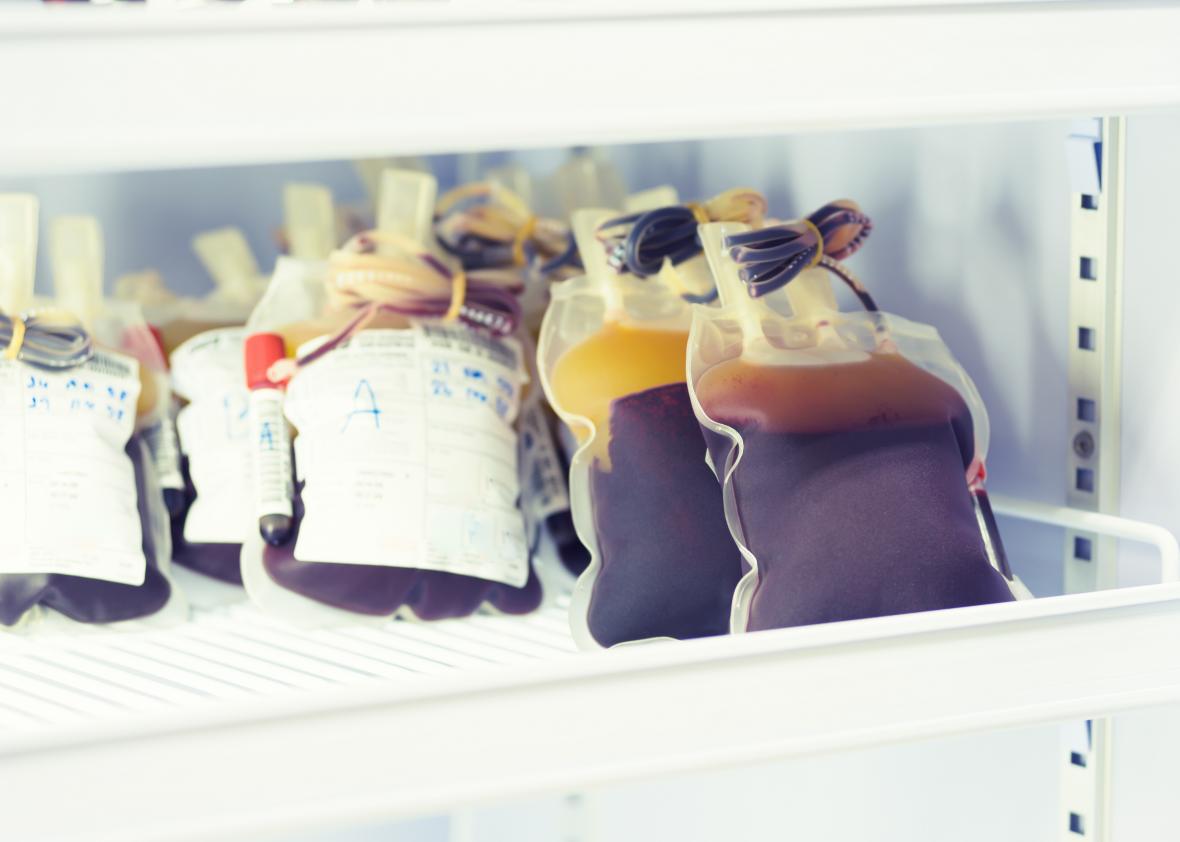On Wednesday, Argentina lifted its ban on blood donation from gay and bisexual men, a bold move that puts the country at the forefront of the blood equality movement. At a signing ceremony, Health Minister Daniel Gollán declared that the change is “scientifically and technically accurate” and based on a medical approach that replaces that old concept of ‘risk groups.’ ” Gollán explained that, under the new policy, Argentina could finally “move toward a national blood system that is safe, caring, and inclusive.” It joins a growing minority of countries, including Italy and Spain, which assess donors based on individual risk rather than excluding an entire class solely because of their sexual orientation.
Unfortunately, the United States still leans heavily on the widely debunked concept of “risk groups.” The Food and Drug Administration plans to revise America’s current lifetime ban for gay and bisexual men, allowing them to donate if they’ve been celibate for a year. (Even this insulting half-measure was initially too much for the FDA’s Blood Products Advisory Panel, which fretted that diseased gay men would lie to donate blood.)
This updated policy places married, monogamous gay men in the same category as IV-drug users and straight people who have unprotected sex with prostitutes. And, of course, straight people who have frequent, anonymous, high-risk, unprotected sex with opposite-sex partners still face no deferral at all. Argentina’s new policy abolishes this bizarre approach and replaces it with individualized risk-assessment screening.
The American Red Cross, America’s Blood Centers, the American Association of Blood Banks, and the American Medical Association all support scrapping the United States’ blood ban, which is outwardly unscientific and homophobic. Gay rights groups—and congressional Democrats—continue to press the FDA to move away from discriminatory class-based screening toward individual risk assessment. For now, however, America remains stuck with an anachronistic blood policy better suited to the early days of the AIDS crisis than the medical realities of today.
